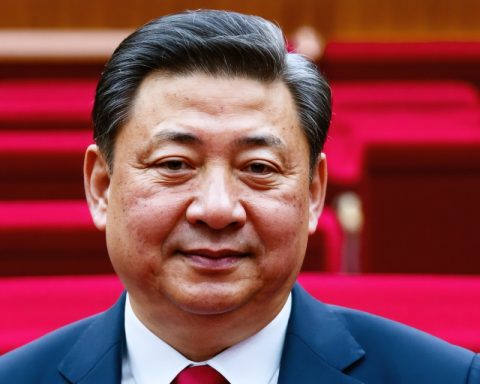Vietnam has carved out a distinctive path in its foreign relations, guided by four fundamental tenets. This strategic approach emphasizes a commitment to neutrality and autonomy on the international stage.
Firstly, Vietnam adheres to a principle of non-involvement in military alliances. This stance allows the country to maintain independence in its diplomatic maneuvers and avoid entanglements that could compromise its sovereignty.
Secondly, Vietnam refrains from supporting one nation against another. This policy of neutrality promotes stability and fosters positive relationships with multiple partners, ensuring that Vietnam can navigate its diplomatic ties without taking sides.
Furthermore, the nation is resolute in its opposition to foreign military bases within its borders. This principle underscores Vietnam’s commitment to safeguarding its territory and solidifying its stance as a sovereign nation, free from external military influence.
Lastly, Vietnam prioritizes peaceful resolutions in its international dealings. By not resorting to force or threats, the country aims to foster an atmosphere of dialogue and cooperation, positioning itself as a mediator in regional conflicts.
Through these four principles, Vietnam seeks to establish itself as a stable and influential player in the complex landscape of global politics, promoting its core values of peace and sovereignty. As the world evolves, Vietnam’s foreign policy continues to adapt, maintaining its unique identity while engaging meaningfully with global challenges.
Vietnam’s Unique Foreign Policy: Principles and Global Influence
Vietnam’s Foreign Relations Strategy
Vietnam has established a nuanced approach in its foreign policy, characterized by four principal tenets that reflect its commitment to neutrality, autonomy, and peaceful international interactions. Each of these principles is rooted in a desire to maintain sovereignty and establish Vietnam as a stable player in global politics.
Non-Involvement in Military Alliances
Vietnam’s policy of non-involvement in military alliances allows the country to retain its diplomatic independence. By not aligning itself with any military factions, Vietnam can effectively navigate complex international relations without compromising its national interests. This strategy not only enhances Vietnam’s autonomy but also allows the nation to engage with various countries without the burden of biases or obligations.
Neutral Stance in International Conflicts
Another cornerstone of Vietnam’s foreign relations is its refusal to support one nation against another. By upholding a neutral stance, Vietnam fosters an environment of stability in a region often marked by rivalry. This policy positions Vietnam as an attractive partner for many nations looking for cooperation, as it has the unique ability to mediate and build bridges rather than take sides.
Opposition to Foreign Military Bases
Vietnam remains firm in its opposition to the establishment of foreign military bases on its territory. This principle reflects the country’s dedication to protecting its sovereignty and maintaining control over its territory. Such a stance not only emphasizes Vietnam’s desire for self-determination but also ensures that external military influences do not undermine its national security.
Commitment to Peaceful Resolutions
Vietnam prioritizes peaceful means of resolving disputes in its international dealings. By opting for dialogue over conflict, Vietnam aims to create a cooperative atmosphere conducive to negotiation and understanding. This approach not only enhances Vietnam’s reputation as a mediator in regional disputes but also aligns with its broader strategic goal of promoting peace and stability in Southeast Asia.
Trends and Innovations in Vietnam’s Foreign Policy
As global dynamics shift, Vietnam’s foreign policy is evolving to address emerging challenges. Recent trends indicate a growing engagement with regional organizations such as ASEAN, as well as partnerships with major powers including the United States, China, and the European Union. This diversification of partnerships allows Vietnam to amplify its influence on critical issues such as trade, climate change, and security.
Insights into Vietnam’s Global Role
Vietnam’s foreign relations strategy extends beyond mere diplomacy; it embodies a vision of sustainable development and international cooperation. As conflicts worldwide become more complex, Vietnam’s adherence to its foundational tenets positions it as a reliable partner in promoting peace and sustainable solutions in an increasingly interconnected world.
Conclusion
In conclusion, Vietnam’s distinctive approach to foreign relations, rooted in principles of neutrality and peaceful engagement, marks its evolution as a significant player in global politics. By emphasizing autonomy and cooperation, Vietnam seeks to navigate a complex international landscape while remaining true to its core values of peace and sovereignty.
For more insights into Vietnam’s role in global affairs, visit Vietnam News for the latest updates and analyses.












